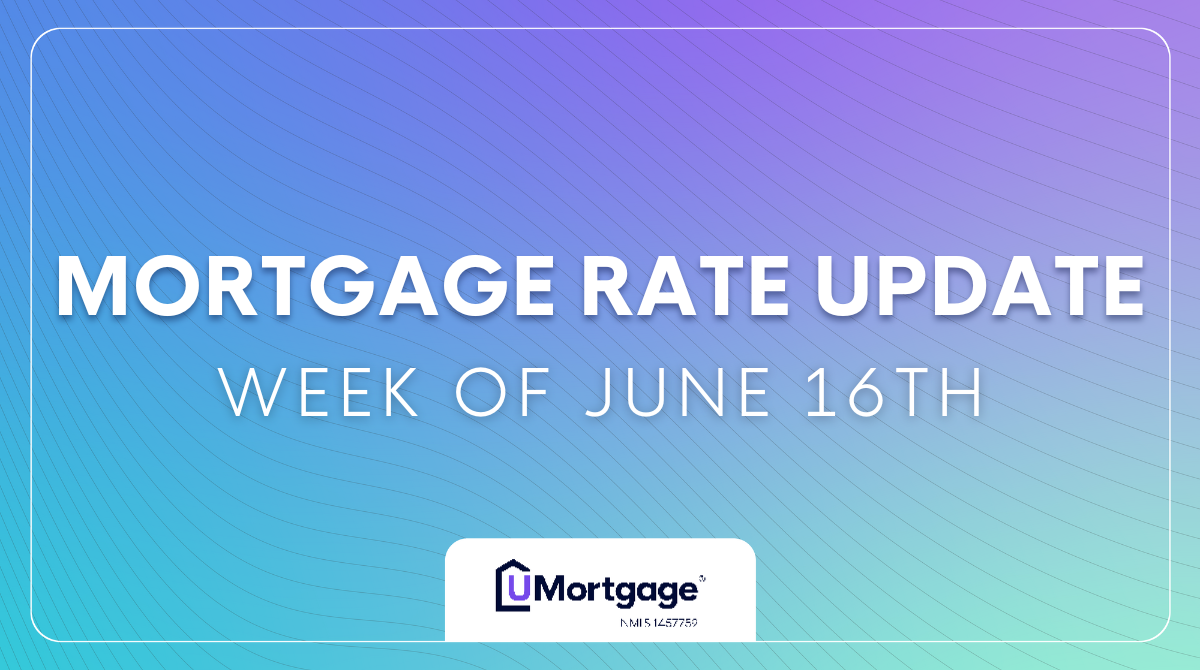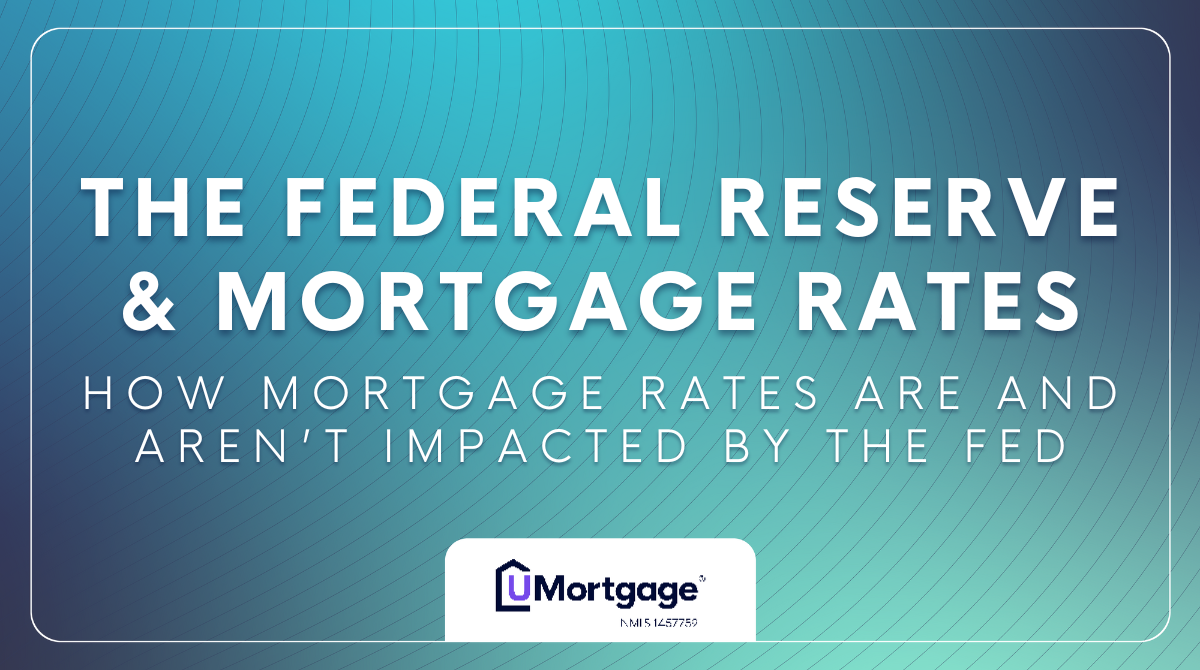

Lindsey Seay
Meet Lindsey!
My name is Lindsey Seay and I’m a Polk County native. I am passionate about local real estate and helping people. I pride myself on building genuine relationships with realtors and clients, keeping open communication, and always going the extra mile. My knowledge of loan products, the loan process, and the local market ensures that your mortgage experience will be fast, easy, and hassle-free for all parties involved. I look forward to working with you and making your real estate goals a reality.
Serving Homebuyers In:
- Alabama
- Florida
- Georgia
Mortgage Calculators
Monthly Payment
Find your monthly payment
What does a monthly mortgage payment look like for you? Get an estimate with some basic information.
Estimated Monthly Payment
The UMortgage mortgage calculators are for estimation purposes only. This is not a commitment to lend. For an exact quote based on your individual financial circumstances, please contact me.
Affordability
What is your budget?
Curious about how much you can afford to spend on a home? Use our calculator to get an estimate on your maximum budget.
Maximum Home Price
Maximum Monthly Payment
The UMortgage mortgage calculators are for estimation purposes only. This is not a commitment to lend. For an exact quote based on your individual financial circumstances, please contact me.
Refinance
Should you Refinance?
Refinancing might save money on your monthly mortgage payments, putting cash in your pocket. With some basic information from you, we can help decide if this is a good path for you.
Monthly Savings
Total Savings
The UMortgage mortgage calculators are for estimation purposes only. This is not a commitment to lend. For an exact quote based on your individual financial circumstances, please contact me.
VA Entitlement & Payments
Discover Your Buying Power With Our VA Home Loan Calculator!
If you are a veteran, an active-duty member of the military, or the spouse of a current or former military member, you are eligible to purchase a home with your VA home loan benefit! By using the calculator below, you can get a glimpse into your buying power and the estimated monthly payment of your VA loan as you start planning your homebuying journey.
Estimated Monthly Payment
Required Down Payment
Limit
$0
Entitlement Used
$0
Available Entitlement
$0
No Limit
How is my monthly payment calculated?
The UMortgage mortgage calculators are for estimation purposes only. This is not a commitment to lend. For an exact quote based on your individual financial circumstances, please contact me.
Your Mortgage Questions, Answered!

What Are Seller Concessions? A Simple Guide for Homebuyers and Sellers
What Are Seller Concessions? A Simple Guide for Homebuyers and Sellers Buying a home comes with a lot of upfront costs. Between the down payment, closing costs, prepaid taxes, and insurance, the amount you owe at closing can add up fast. That’s where seller concessions can come in. Whether you're a homebuyer looking for a little financial relief or a seller trying to attract more offers, this guide will walk you through what seller concessions are, how they work, and how they benefit both sides of the transaction. What Are Seller Concessions? Seller concessions are when the home seller agrees to pay certain costs on behalf of the buyer as part of the purchase agreement. Seller concessions most often cover things like title fees, taxes, insurance, and other expenses that come due at closing. Instead of reducing the sale price of the home, a seller might agree to pay some of the buyer’s costs to help make the purchase more affordable. It’s a way to get creative with negotiations, especially in a market where buyers may be struggling with high interest rates or limited cash. How Do Seller Concessions Work? Here’s an example: Let’s say you're buying a $300,000 home and ask the seller to contribute 3% of the purchase price ($9,000) toward your closing costs. If the seller agrees, that $9,000 can go toward things like your appraisal fee, loan origination fee, or even buying down your interest rate. The key thing to remember is that seller concessions must be negotiated upfront and written into the purchase contract. Your mortgage also needs to allow them, and each loan type sets limits on how much a seller can contribute. We’ll touch on that shortly. What Can Seller Concessions Cover? Seller concessions can be used to cover many of the upfront costs involved in purchasing a home, including appraisal fees, title insurance, loan origination fees, property taxes, and homeowners’ insurance. Seller concessions cannot be used for your down payment or to help a borrower qualify for the loan; they’re only allowed to cover closing costs and prepaid expenses. Seller Concession Limits by Loan Type Each loan program has its own rules about how much a seller can contribute. Here's a quick breakdown: Conventional Loans: Less than 10% down: The seller can contribute up to 3% of the home’s price. 10% to 25% down: Up to 6% in concessions allowed. More than 25% down: Up to 9% in concessions. Investment properties: Only 2% allowed, regardless of down payment. FHA Loans: Flat 6% seller concession limit regardless of the down payment amount. VA Loans: The seller can contribute up to 4% in concessions, in addition to paying for standard closing costs as permitted by the VA. This 4% can be used to pay off a buyer’s debt, cover prepaid expenses, or even fund a temporary buydown. USDA Loans The seller can contribute up to 6% of the home’s purchase price toward the buyer’s closing costs and prepaid expenses. Why You Should Negotiate Seller Concessions as a Homebuyer or Seller Seller concessions have plenty of benefits for both homebuyers and sellers. Here’s why you should consider them depending on your side of the transaction. How Seller Concessions Benefit Homebuyers Lower Out-of-Pocket Costs: Concessions reduce the cash you need to bring to the table at closing. Easier Loan Approval: By lowering your upfront costs, you may have more flexibility in choosing your loan program or interest rate. Buydown Opportunities: You can use concessions to buy down your interest rate, which can lower your monthly payment for the life of the loan. How Seller Concessions Benefit Sellers Attract More Buyers: In a market with less demand, offering concessions can help your home stand out and attract more buyers. Faster Closings: Buyers who receive concessions may be more motivated and financially ready to close on time. Higher Sale Price: In some cases, sellers can offer concessions instead of reducing the list price. Seller concessions are a powerful tool that can make homeownership more accessible for buyers and help sellers move their homes more quickly. Whether you're buying or selling, working with a local mortgage expert can help you understand exactly how seller concessions fit into your overall game plan. Ready to talk through your options? Follow this link to get connected with a UMortgage Loan Originator near you.

Housing Market Update | Week of June 16th
Mortgage rates held relatively steady last week after the Consumer Price Index (CPI) and Producer Price Index (PPI) came in cooler than expected. While inflation did rise slightly, it wasn’t the tariff-driven spike many economists had feared. That’s encouraging news, but we’re also still in the early days of these tariffs and could see inflation tick up in the months ahead. All eyes are now on the Federal Reserve’s June meeting. While a rate cut isn’t expected, what Fed Chair Jerome Powell says about inflation, labor trends, and broader economic risks will be closely watched. Geopolitical tensions in the Middle East—especially any movement in oil prices—could also influence the Fed’s longer-term outlook and the trajectory for mortgage rates. Last Week's Mortgage Rate Recap Rates Were Steady Markets anticipated that tariffs would heavily impact inflation in May, but that wasn’t the case. Last week’s CPI and PPI reports showed inflation rose in May, but much slower than economists anticipated. We’ll want to keep an eye on this over the coming months, especially as businesses work through older inventory and adjust pricing on newer, tariffed inventory. Our weekly Initial Jobless Claims report, which measures individuals filing for unemployment benefits for the first time, stayed at 248,000 last week. This is the third consecutive week that initial jobless claims have grown, signaling that the labor market continues to soften. A weakening job market could eventually prompt the Fed to cut rates, especially if inflation remains manageable. Combined, these inflation and labor signals will give the Fed plenty to think about during this week’s meeting. This Week's Mortgage Rate Forecast Rates Could Move We’re not expecting a rate cut this week, but Powell’s press conference will give us a better sense of the Fed’s sentiment on the current state of the labor market, inflation, and the broader U.S. economy. Powell’s tone and comments on the timeline for potential rate cuts could shape market sentiment in the short term. Meanwhile, oil prices remain one to watch. Prices spiked from $65 to as high as $77 per barrel after reports of an Israeli strike on Iranian nuclear targets, before easing back down this morning. An escalation in conflict could drive oil prices higher and fuel inflation, which is something the Fed can’t ignore. One quick heads-up: Markets will be closed this Thursday in observance of the Juneteenth holiday. As the week progresses, make sure to stay in touch with your UMortgage Loan Originator for real-time market updates.

How the Federal Reserve Impacts Mortgage Rates (And How It Doesn't)
If you’ve been watching the news lately, you’ve probably seen a lot of headlines about the Federal Reserve and interest rates. And if you're a homebuyer or a real estate agent working with buyers, you might wonder: Does the Federal Reserve control mortgage rates? It’s a great question. And the short answer is: Not necessarily. The longer answer is a bit more nuanced because while the Fed does play an important role in the economy, it doesn't directly control mortgage rates. What Is the Federal Reserve and the Federal Funds Rate? The Federal Reserve—often referred to simply as the Fed—is the central bank of the United States. Its primary job is to keep the economy healthy by keeping inflation in check, supporting the labor economy, and promoting stable & sustainable economic growth. One of the main tools the Fed uses to manage the economy is the Federal Funds Rate. This is the interest rate banks charge one another for overnight loans. While consumers don’t pay this rate directly, it has a ripple effect across the economy, influencing rates on credit cards, auto loans, and savings accounts. How the Federal Funds Rate Influences the Economy When the Fed raises the Federal Funds Rate, it becomes more expensive for banks to borrow money. That tends to result in higher borrowing costs for consumers and businesses in an attempt to slow down inflation and prevent the economy from overheating. When the Fed lowers the rate, borrowing becomes cheaper. This encourages more spending and investment, often a strategy used during economic slowdowns or recessions. Important distinction: The Federal Funds Rate influences the economy, but it does not directly control mortgage rates. Why Mortgage Rates Don’t Always Follow the Fed Here’s where a lot of confusion begins. Many people assume that when the Fed raises interest rates, mortgage rates automatically rise too. But that’s not how it works. Mortgage rates are driven by a different set of economic factors, mainly the bond market. Specifically, rates are closely tied to the 10-year Treasury yield and the performance of mortgage-backed securities (MBS). Investors who buy these securities care most about the labor market, inflation, the long-term economic outlook, and market stability/instability If inflation is rising or expected to rise, mortgage rates tend to increase. If economic conditions appear weak or uncertain, rates can fall, even if the Fed is raising the Federal Funds Rate. In fact, mortgage rates often move in anticipation of what the Fed might do, not just in response to what it has done. The markets are always looking ahead. What Really Drives Mortgage Rates? Here’s a quick snapshot of the major factors that impact mortgage rates: Inflation: Higher inflation usually = higher mortgage rates. Economic Growth: A strong economy can lead to higher rates. Global Events: Uncertainty (like geopolitical conflict or pandemics) can drive rates lower. Bond Market Demand: More demand for mortgage bonds often = lower mortgage rates. In other words, mortgage rates are influenced by a wide range of factors and are always forward-looking. Want more in-depth analysis of the housing market? Check out our weekly Housing Market Update blog. How Homebuyers and Real Estate Can Navigate the Market For homebuyers and the real estate agents supporting them, the key takeaway is this: Don’t assume that a Fed rate cut means mortgage rates are going down. In some cases, mortgage rates don’t move much on the day that the Fed cuts rates. Most of the time, they will drop in the lead-up to a Fed Meeting if a rate cut is expected. Other times, they might drop after a Fed announcement, depending on how markets interpret the economic outlook. If you’re considering buying a home or are an agent for a hesitant buyer, here’s how you should navigate periods of market instability: Focus on personal goals and timing, rather than trying to time the market. Work with a knowledgeable mortgage professional who can explain how market shifts impact your unique situation. Make informed decisions based on the bigger picture, not just headlines. Whether you're buying, selling, or considering a refinance, UMortgage Loan Originators are here to help you navigate the market with confidence and leverage homeownership to build wealth. If you’re curious about your homebuying or refinance options and want expert guidance, fill out this form to get connected with a UMortgage Loan Originator in your area!
Serving Homebuyers In:
- Alabama
- Florida
- Georgia
